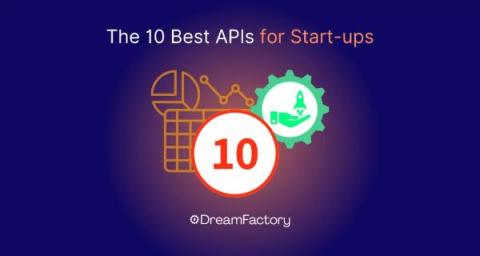Technical Underpinnings of Apache Iceberg
Modern data systems demand flexibility, tool interoperability, and strong data integrity. Legacy formats often create barriers with rigid schemas, inefficient partitioning, and weak transactional guarantees. Apache Iceberg overcomes these limitations with a modular design that decouples metadata from data storage, enabling smooth-schema changes, efficient query pruning, and ACID compliance across engines. This article explores Iceberg’s technical foundations.











